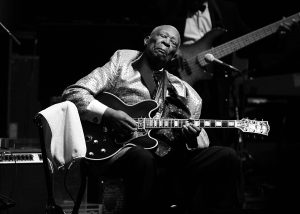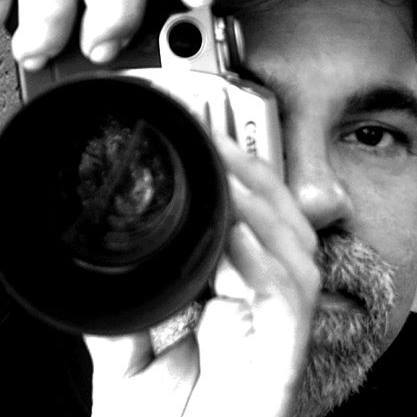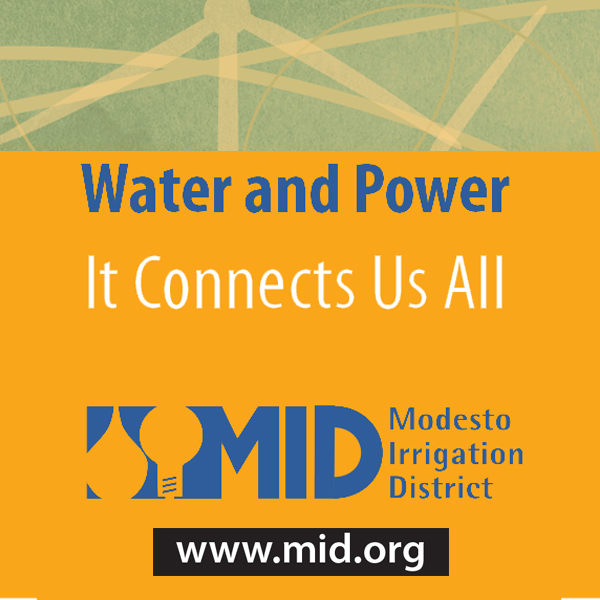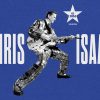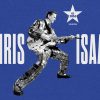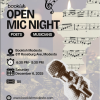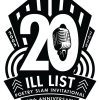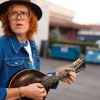Buying Your First Camera
By Michael Mangano
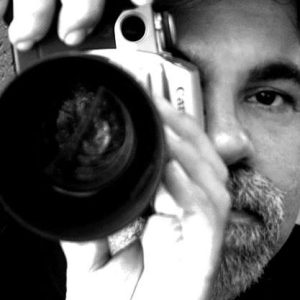
So you want to be a photographer? Photography is a passion that happens the first moment you get that great shot and the addiction continues to get the next one. Having been a Photographer for Modesto View I get asked a lot what is the best starter camera should I get. Whether it is professional or a hobby I think the hardest path for all beginning photographers is knowing what kind of photography you want to do; portraits, live music, street, sports, food, landscape, or as for me it was a little of each for 20 years. I understand camera phones have come a long way, but they have their limits. If you want to get out of Auto mode shots and learn to take your photography to a different level, DLSR and of course, Mirroless is the way to go.
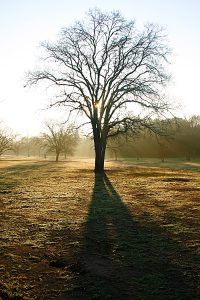
The decision to purchase your first camera can be overwhelming. With an endless array of camera types, models, features, and price ranges, finding the perfect camera that matches your skills, style, and budget can seem like an insurmountable task. It’s important to first decide what your budget will be as beginner cameras can range from 100’s to the 1000’s.
Around 350-500: You can expect to get a good-budget beginner camera and lens for this price. At that price, It may have limits to low-light shooting so I would recommend a quality lens
Around 500-1,000: You can expect to get a good mid-range camera and lens for this price. Where your budget is higher, you can expect to start getting more features in a more compact body.
1,000+: As to be expected with a high budget, you’ll be getting into high-end models here. These cameras head towards more professional photography, but again I would crawl with a start camera before you sprint to a bigger investment.
You will inevitably be flooded with different brands and models, but I’m not here to argue between Canon, Nikon, or Sony. They all have starter camera kits. I think the best first-time camera to start photography with is at this point in 2024, ‘DSLR’ cameras are still a very popular choice for beginners. Their main advantage over ‘mirrorless’ cameras is affordability, Around the $600 mark, it’s hard to beat a beginner DSLR camera. If you’re just getting started in photography, it might be tempting to go all in on a brand new high-end camera with all the bells and whistles, but the truth is that all the gear in the world won’t make you a better photographer if you don’t know what you’re doing.
Let’s be realistic; don’t stress if your budget doesn’t meet the cost of a high-end camera. A low-cost beginner camera is perfectly capable of covering what you need while you are learning and you can always upgrade at a later date.
Remember- a more expensive camera will not make your photography better if you don’t know how to use a lower-end/budget camera. If you are looking for a beginner camera, you will achieve the same results with a budget camera as you would a high-end whilst learning. I started with Canon Rebel with a 50mm camera kit( all around $700), I suggest getting quality glass/ lenses even for your first camera it can help take better images than those low-end cameras. (sample photos taken from my Rebel) I was able to learn and use a starter camera in my first few years in my business and then upgraded to a Canon 5d.
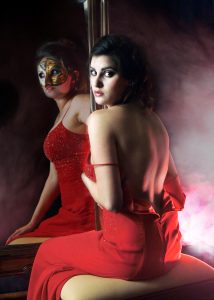
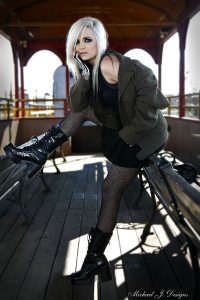
Just remember this – every camera is different so do your homework and research features like sensor size for image quality, autofocus can matter in action shots, and IO settings for shooting in low light. These specifications are different in each camera, but your skill as a photographer is far more important than the camera body.
Buy a camera, learn how to use it, and experiment until you reach its limitations. Then, and only then, think about upgrading. Finally, I can’t recommend enough to take a photography class at MJC, so you understand the technical basics. Also, some great YouTube videos can teach you as well, but the best way to learn is to shoot, shoot, and shoot and then shoot some more.
